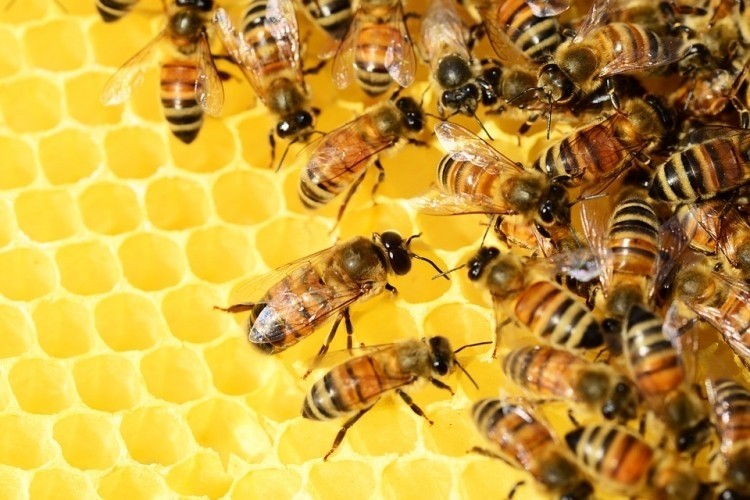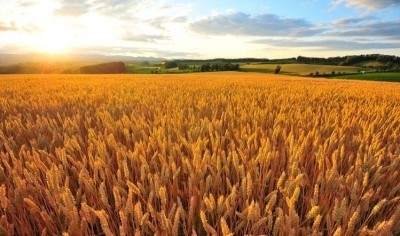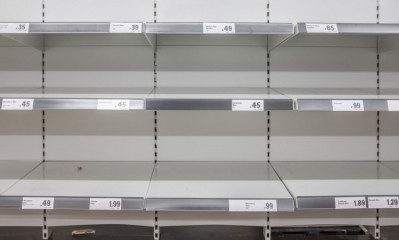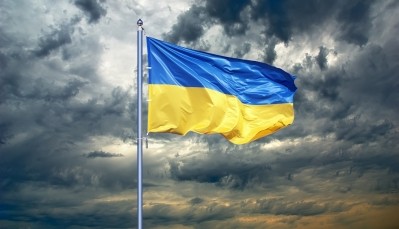Ukraine War set to impact UK honey sourcing and global prices

Ian Ainsworth, managing director of Valeo Foods UK says the impact of the war in Ukraine on the pricing and variety of honey imported into the UK is “likely” to grow and has driven increased competition and demand for honey in the global market.
The war has already seen a global impact on the supply chain with prices increasing and a lack of supply of items such as sunflower oil and wheat which are exported by Ukraine. The war is also impacting on poorer countries who rely on grain from the country. The impact has seen the European Commission mobilise €600m (£515m) from the reserves of the European Development Fund to support African, Caribbean and Pacific (ACP) countries to avoid a food crisis and an economic shock.
Last month it was revealed that the Russian Ukranian crisis will be 'multi-faceted' with reverberations felt both regionally and globally.
While the UK has already cut tariffs to zero on all goods from Ukraine including barley, honey, tinned tomatoes and poultry, to help Ukrainian businesses and producers.
Global exporter
Ukraine is a major producer and exporter of honey globally producing in excess 65,000 MT of honey annually, of which more than 60,000MT is exported to markets across the globe.
“Ukrainian Honey accounts for 1/3 of honey imported into the European market. This is very significant in a global commodity market, which is also subject to seasonal variations and availability in Europe, Asia, South America, and Australasia,” said Ian Ainsworth, MD of Valeo Foods UK.
“Ukrainian honey is mainly derived from the sunflower crop, primarily grown in the East and South of the country and should planting be affected this year, which it undoubtedly will, it will further exacerbate the current situation with implications for supply well into 2023.”
Rowse Honey, which sources honey from 25 countries around the world, said that while there are alternatives to Ukrainian Honey in terms of colour, taste and blending potential, for example in Europe, South America, and certain Asian origins, there has already seen increased demand for these alternative options.
Challenge of sourcing
“Sourcing the significant volumes of honey required to replace the Ukrainian honey market share in Europe and beyond is both challenging and costly and we’ve already witnessed increased pricing as demand switches from the Ukraine and competition for alternatives continues to grow,” said Ainsworth
He added that the drop in supply from Ukraine has further compounded the issues which have affected the global honey market in the past 12 to 18 months, which have included a significant increase in consumer demand during Covid-19, stockpiling of honey in the US in 2021, poor to average crops and the well-publicised global supply chain issues.
“Even during ‘normal’ times, the EU market is not self-sufficient in honey with about 40% of its demand being met by imports. In the UK, this reliance on imports is even higher due to climate, wildflower diversity and more intensive agricultural practices on a small land mass. It has been estimated that British bees and beekeepers (including hobbyists) produce anywhere from 3,000 tonnes to 5,000 tonnes of honey every year, with annual demand more than 45,000 tonnes meaning we’re consuming much more than we can produce locally,” Ainsworth adds.
“We continue to be proud supporters of the UK honey and bee keeping industry. We have recently announced a major new conservation project in partnership with The Blenheim Estate, to create a sustainable nectar source for local wild bees and other pollinators in and around the Oxfordshire estate. This is in addition to the bee farmer apprentice scheme and research into honeybee health that we support every year.”















